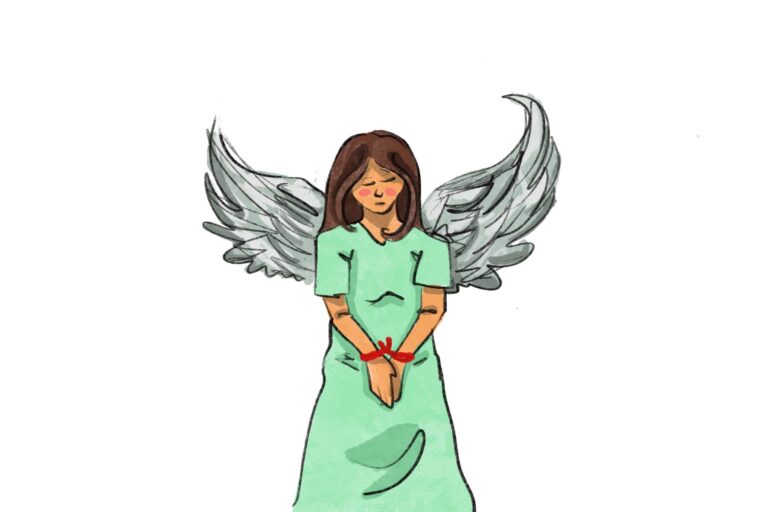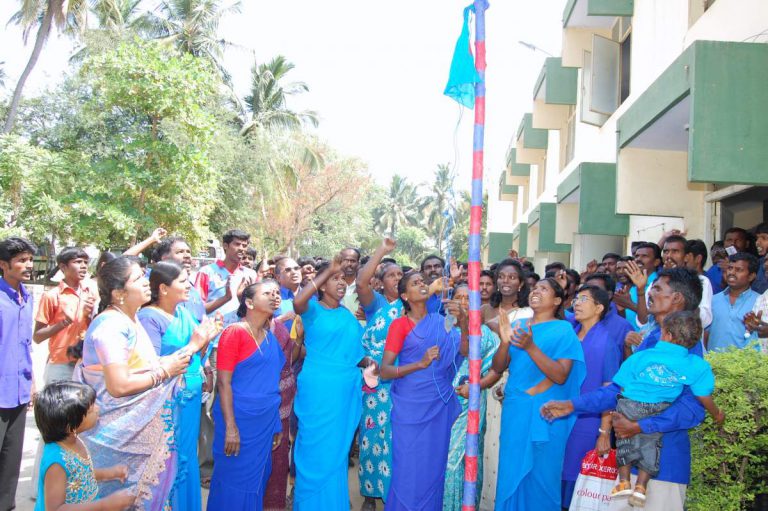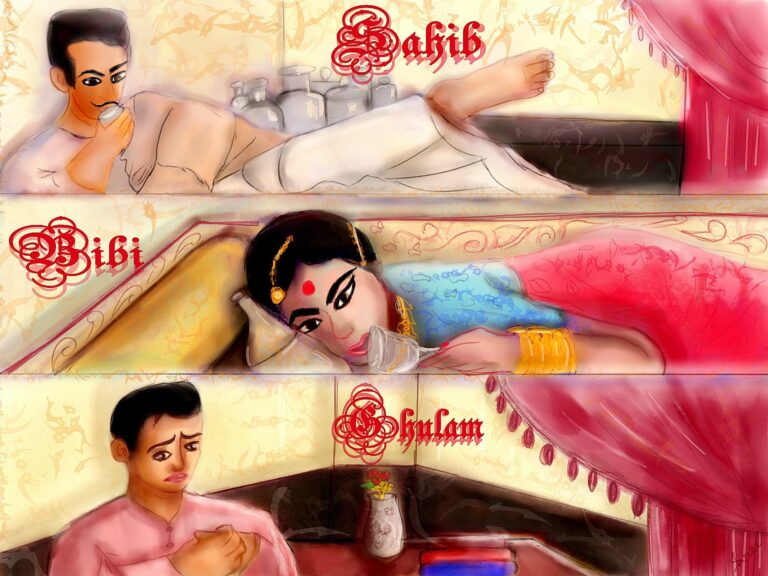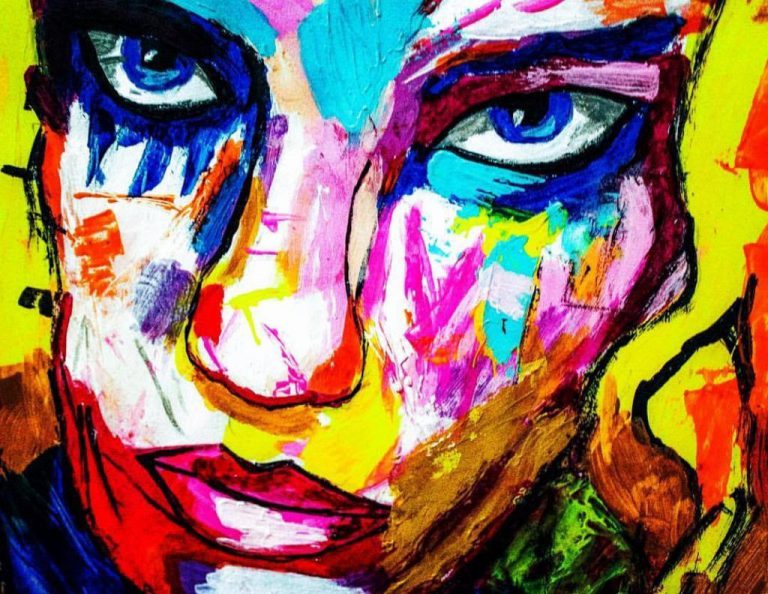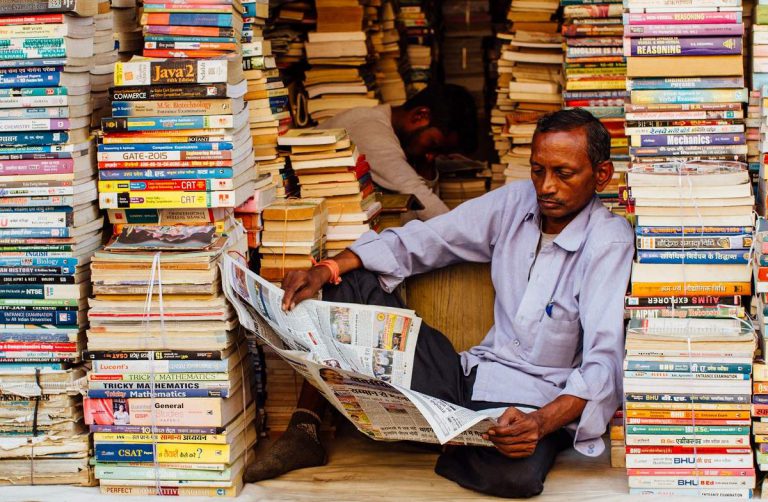Understanding Gender Politics by Dissecting Vakeel Saab’s Maguva Maguva song

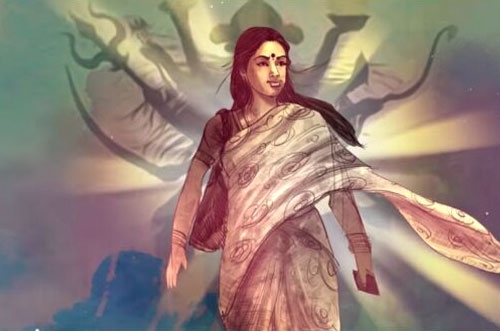
An overt language of oppression, controlling, and devaluing of certain genders can openly be identified and called out. However, it is difficult to point out insidious ways of oppressive language. On the face of it, the Maguva Maguva song can be seen as a celebration of womanhood and their greatness. But the subtext is more dangerous. This song is a classic case of how patriarchy penetrates women’s discourse.
The logic of oppression is a translation of certain cultural differences in a system into an advantage for some while disadvantaging for others. In other words, in this case, oppression of women operates as a system that translates gender differences into an advantage for men and a disadvantage for women. This oppression operates at various levels. So one needs to continuously look for subtle and not-so-subtle meanings of the oppression.
Lokaniki thelusaa nee viluvaa/ Nee sahananiki Sarihaddhulu kalavaa
Does this world realize your value? Are there limits to your patience?
By valorizing women for traditionally perceived feminine qualities such as patience, tenderness, and love in a male-dominated world, the patriarchy creates a powerful narrative that further puts women into subjugation and oppression.
Parugulu theesthaav intaa bayata/ Alupe anavanta
you run here and there; home and outside, yet, you don’t complain of being tired.
Anthuleni nee srama anchanalukandhunaa
Can one estimate your endless labour?
This glorification of women’s multi-tasking at home, outside the home, and the enormous labour they put in has been used in an effort to mould and stereotype them into a mechanized system that implies passivity and self-effacement as a woman’s virtue. If one were to cross-reference with some statistics, women do ten percent more office work and do four times more unpaid care work than men. And this is not to speak of so much invisible work they do.
Nee katuka kanulu vipparakapothe aa bhoomiki thelavaradhu ga
This earth doesn’t see the beginning of the day unless you open your dark lined eyes
Nee gajula cheyi kadhaladakapothe ye manugada konasagadhu ga
Survival is not possible unless your bangles hand move
Alayalu korani aadhishakthi roopama
you are a goddess who never seeks temples
Not only glorification, but patriarchy also requires stronger tools to silence women. By making them supernatural forces, they are devoid of relational power positions and politics of everydayness. This facilitates the patriarchy to objectify women and further subjugate them to the margins. To draw on some cultural examples in India, Saraswathi, a woman, is revered as a goddess of knowledge and yet scores of women are denied an education because of her identity. Similarly, Lakshmi, again a woman is worshipped as a goddess of wealth, but women are hardly the owners or heiresses of the family property. Patriarchy knows how to play with this logic.
Needagu lalanalo Priyamagu palanalo prathi oka magavadu pasivade ga
Every man is an infant in your care
She is seen as angelic love and an emotional agent in a society run by male logic. A society run by patriarchal logic finds men’s visible vulnerability as weakness and thus, can only show it in a woman’s lap (who is a symbol of invisibility). It is, as American poet Adrienne Rich argues, infantilizing to men and entrapping to women.
Yendhari pedhavallo ye chirunavvunnaa aa siri merupulaki moolam nuvve gaa
You’re the smile on many lips and the root cause of many more sparkles
Theoretically, it is akin to putting her on a high pedestal and making her serve the male world. The song really never talks about women’s self-love, self-investment, their desires, or their anger. Women are seen only in terms of their work at home, at the workplace, and in nurturing men. It is by and large how patriarchal society wants women to behave. “Women’s anger arouses the patriarchy to disgust”. To cover this obscenity and disgust, it invents the language of glorification. This is a trope that it uses time and again.
It is a mistake to see it as a glorification or celebration of all women because it is not glorifying all women. Rather it is glorifying only those women who fit into and fulfil the definition of a woman in patriarchal terms. Positioning the argument this way reveals more concealed meanings. This definition of a woman is not just to give women the preparation to live up to the “proper standards” and judge them accordingly, but the standards themselves are androcentric. Patriarchy operates not just by glorifying men’s worlds and masculine characteristics, but by glorifying women in patriarchal terms as well. While the first is outright misogyny, the latter is an insidious way of doing the same. Both have been structured carefully in our society.
Capitalism is a system that grows on patriarchal divisions. If women’s discourse posed a question to the mainstream patriarchal caste-dominated society, the response from patriarchy to that question has never been emancipatory. Either the response is an outright rejection and suppression or bargain. Coupled with patriarchy, capitalism incentivizes certain women, who fit into this logic of both capital and patriarchy the right to be powerful while trying to control the array of other women. As they draw privilege or power as much and as long as the patriarchy allows them to do so, they will not challenge either patriarchy or capitalism and leave the system intact. It is akin to patriarchal bargain (to employ the term coined by Deniz Kandiyoti) from the men’s side. This is a trap of a system where capitalism and patriarchy strengthen or co-produce each other. Whether they were earlier confined to homes or now made to straddle between home and work, there is an undeniable cultural logic of capitalism.
Having said this, one should not see women as just brainwashed victims of the patriarchy. It is not that women are just passive subjects who go along with the patriarchal notion and perpetuate it. The point is to say whenever women rise to the occasion, patriarchy finds a language in trying to control them. There is always an existing conceptual gap between women’s traditional passivity as expected and glorified by patriarchy and their continued assertion or agency. The patriarchy uses its muscle to erase the gap while women continue to widen it. This is a central theme of gender politics.
But the song, in the process of valorizing multi-tasking, glorifying womanhood, and making them supernatural, have evaded the questionability of superhuman standards for women imposed by others, the discussion around the incredible demand for women’s time, serious issues of double enslavement (at home and work) and intersectional oppression (caste, gender, region, education and education, and class). This approach of seeing gender and gender roles in an essentialist way not only negates any critical discussion concerning women and women’s lives but has the potential of reifying these ideas as well. Any modest attempt to understand women’s lives in general (and talking about consent in particular to this movie) should not be starting with this type of portrayal of women. However, cinema, being the ultimate pervert art as per Slavoj Žižek, and being the popular commercial media, knows how to make a formula out of it. It appears as though it addresses or celebrates women without even disturbing a pinch of patriarchal normativity.
Image Credit: AndhraWishesh


